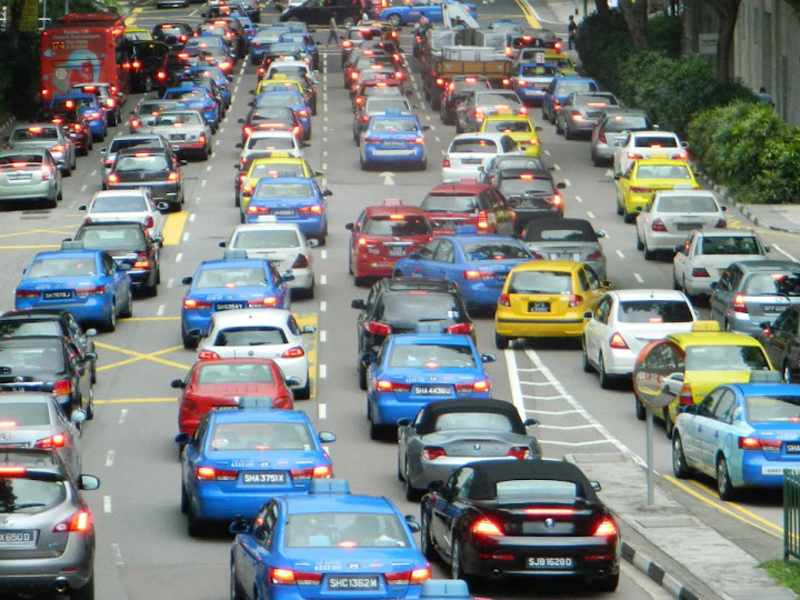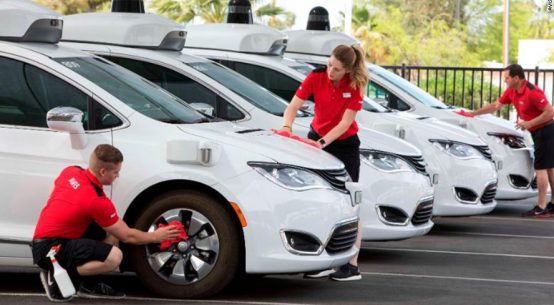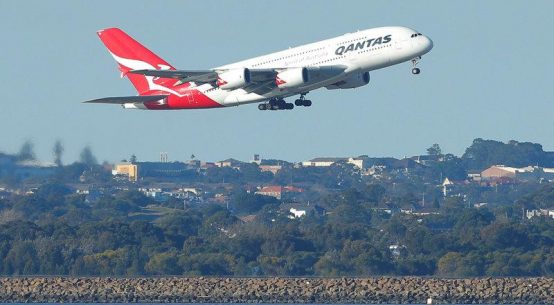
Bloomberg – Singapore one of the world’s most expensive places to own a vehicle, will stop increasing the total number of cars on its roads next year. Singapore Transport regulator had announced on Monday that the government will cut the annual growth rate for cars and motorcycles to zero from 0.24percent effect from February.
“In view of land constraints and competing needs, there is limited scope for further expansion of the road network,” the Land Transport Authority said in a statement on its website. Roads already account for 12 percent of the city-state’s total land area, it said.
Smaller than New York City, land in Singapore is a precious commodity and officials want to ensure the most productive use of the remaining space. Its infrastructure is among the world’s most efficient and the government is investing S$28 billion ($21 billion) more on rail and bus transportation over the next five years, the regulator said.
Singapore requires car owners to buy permits — called Certificates of Entitlement — that allow holders to own their vehicles for 10 years. These permits are limited in supply and auctioned monthly by the government. At the most recent offering last week, the permit cost S$41,617 for the smallest vehicles.
Follow us on Facebook for more Logistics News
The LTA said the zero-growth target will affect vehicles in Categories A, B and D under its permit system – these include cars and motorcycles. The existing vehicle growth rate of goods vehicles and buses will remain at 0.25 percent per annum until March 2021 to give businesses time to improve the efficiency of their operations and reduce the number of commercial vehicles they require, LTA said.
These changes are not expected to significantly affect the supply of permits since the quota is determined largely by the number of vehicle deregistrations, the regulator said. The limit on vehicle growth rate will be reviewed again in 2020.








